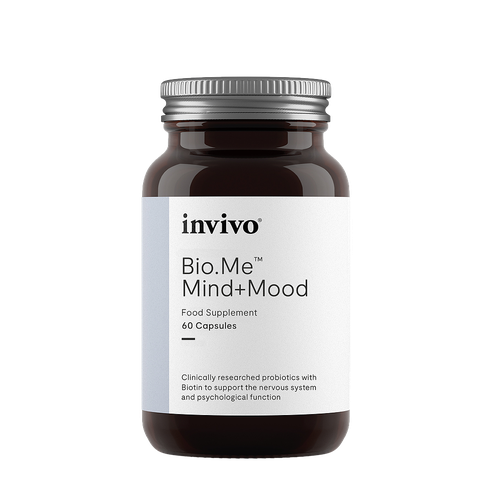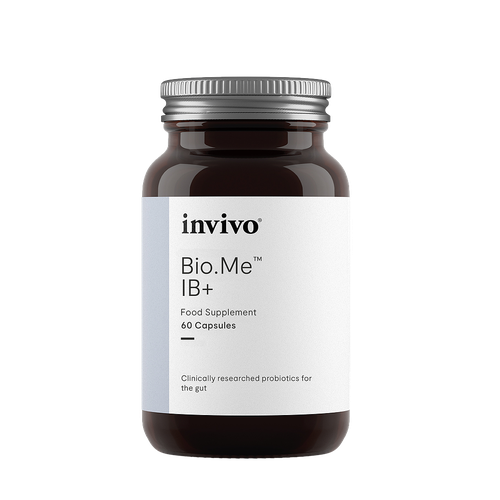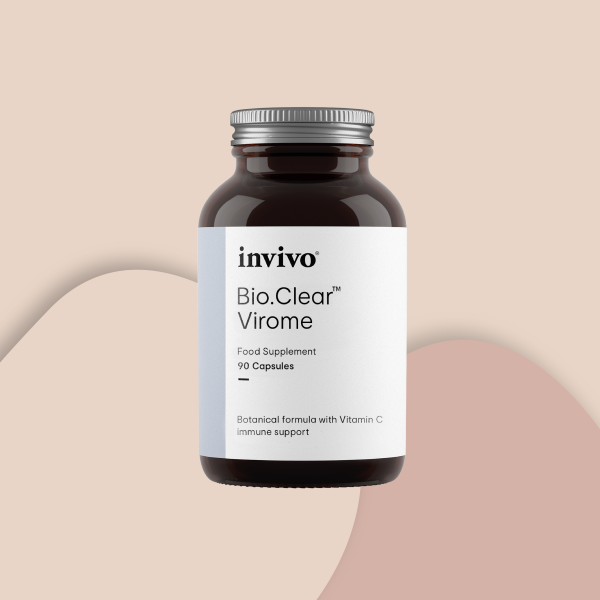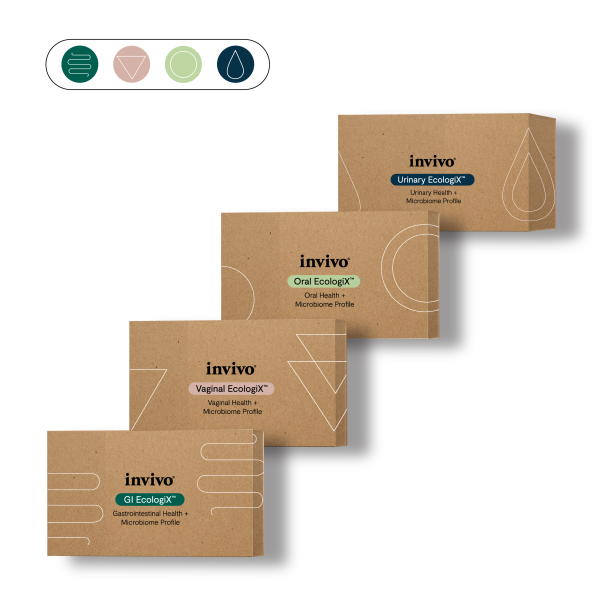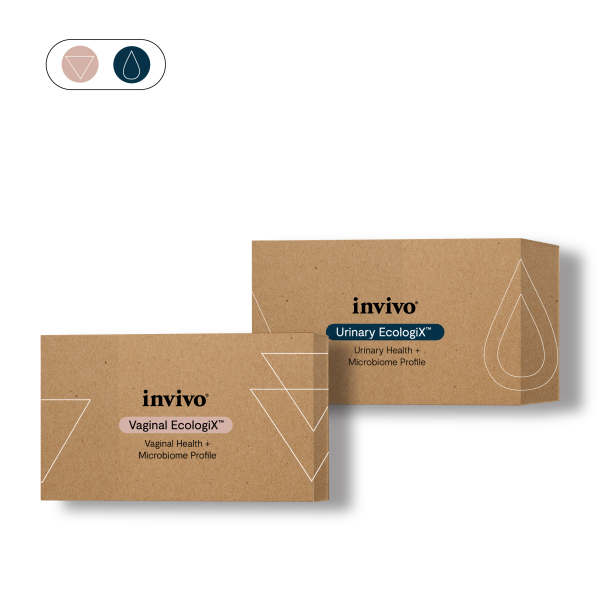We have been doing a lot of research into colostrum because of our product launch, which is rather timely with coronavirus taking the global centre stage.
Without wanting to fan its flames, we did want to share this research from a comprehensive review paper on bovine immunoglobulin G (IgG), of which colostrum is a rich source, with specific regards to viral respiratory tract infections.
The following is our digestion from: Effects of Bovine Immunoglobulins on Immune Function, Allergy, and Infection. Frontiers in Nutrition. 2018;5:52. DOI: 10.3389/fnut.2018.00052
Immunoglobulins
Immunoglobulins consist of an antigen-binding domain, which binds to the foreign substance, and a constant region, which is essential for inducing effector functions such as phagocytosis and clearance of pathogens, complement fixation, antigen presentation, and immune regulation. Orally ingested bovine IgG can be recovered from faeces, ranging from very low levels up to 50% of the ingested IgG that has passed through the gastrointestinal tract (GIT). This indicates functional activity throughout the GIT and a large number of studies in infants and adults provide evidence for this (e.g. preventing GIT infections, upper respiratory tract infections, and LPS-induced inflammation).
Colostrum contains many components that have immunomodulatory and antimicrobial properties. You can read a bit more about this here. Colostrum has been researched since the 1970’s because of its ability to not only bind to a wide range of pathogenic viruses and bacteria, but also to many allergens.
Mechanism of Action
Bovine IgG/colostrum have multiple modes of action:
- direct effects on potential pathogens
- enhancing the clearance of pathogens
- influencing intestinal barrier function
- modulating immune function
Bovine IgG is able to form immune complexes with bacterial and viral pathogens, mediating their removal from the body and may also play a role in enhancing our adaptive immune response by increasing T and B cell responses to pathogens, as depicted in the image below.
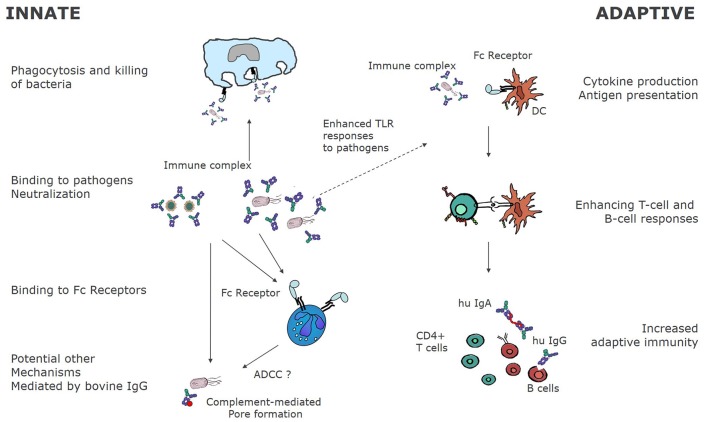
Evidence
Human Clinical Studies
Bovine IgG and colostrum have been reported to prevent upper respiratory tract infections in children, adults, elderly people and athletes; although, those that are open, non-controlled prospective studies should be interpreted with care.
In adults suffering from frequent upper respiratory tract infections, supplementation with a bovine IgG and lactoferrin containing whey protein fraction (600 mg/day for 90 days) showed a reduced incidence of the common cold and cold-associated symptoms compared to the placebo group in a double-blind randomised, placebo-controlled study.
Decreased numbers of self-reported upper respiratory tract infections have also been noted after colostrum supplementation in athletes, and colostrum prevented influenza infection in elderly volunteers.
Please refer to the cited review paper for a table of results from human clinical trials. The image below shows the multiple modes of action of bovine IgG at various locations of the mucosal tract from mouth to gut.
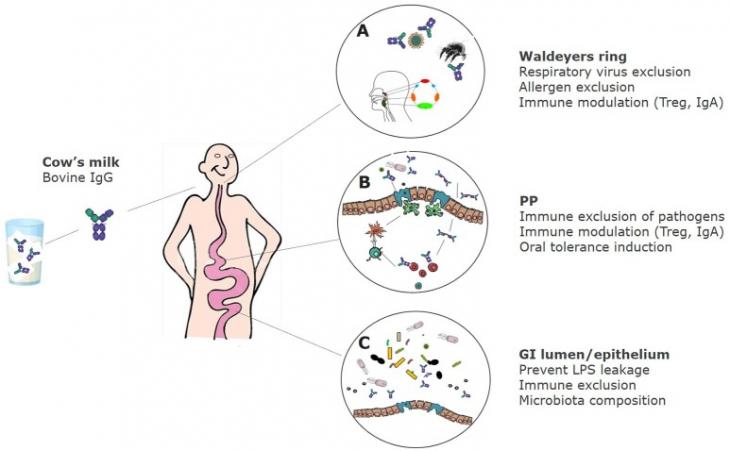
In-Vitro & Animal Studies
Bovine immunoglobulins have been shown to be able to bind to human RSV (a common respiratory virus) as well as to influenza virus and are able to prevent the infection of human epithelial cells by human RSV in-vitro. In a murine model of RSV, colostrum reduced the severity of the infection, the viral load, and increased production of IgA-producing B cells in the small intestine and lungs.
Colostrum is a great immune-enhancing product with a wealth of evidence behind it from in-vivo and in-vitro research and clinical trials. The cited review paper also covers the evidence behind bovine IgG for allergies and GIT infections.
